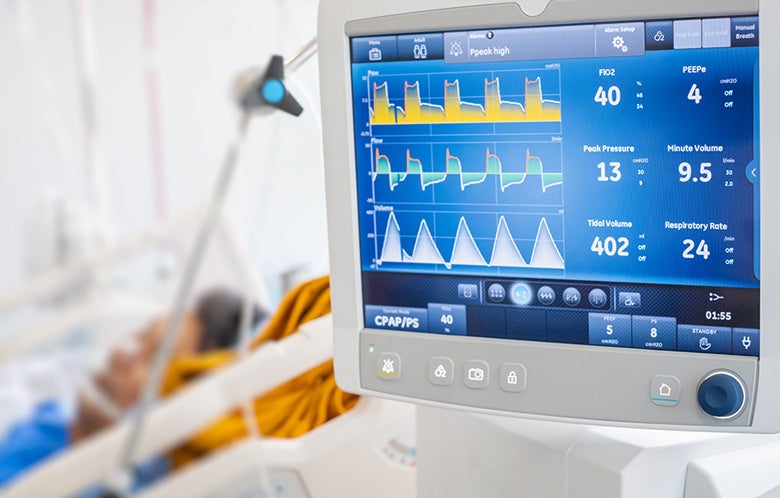Convalescent plasma therapy (CPT) has been successfully used to treat a variety of diseases, including SARS CoV and MERS CoV. There are uncertainties about the risk of transmitted infections, transfusion reactions, and of course, the dosing and timing of such infusions, but prior use of CPT has proven relatively safe and effective. If COVID-19 ebbs in the Northern hemisphere this summer but returns in the Fall as predicted, patients who have already been infected could theoretically provide enough plasma to treat new patients. There have been several reports of attempts to use CPT in patients with severe COVID-19 infections, and a group from the Madras Medical School in India has published a systematic review of these initial reports.
The reviewers found five case series or reports (four from China and one from South Korea) with 27 patients meeting the criteria of reporting viral load, antibody response, and clinical outcome. Patients were aged 28-75 years and were all hospitalized, with 21 in the ICU, 14 on ventilators, 17 meeting criteria for acute respiratory distress syndrome (ARDS), and seven receiving extracorporeal membrane oxygenation (ECMO). Following the infusions, there were no deaths or significant side effects, and there were improvements in oxygen requirements, viral load, and antibody levels.
We’ve been here before. Only a month ago we were discussing the same kind of case series data regarding hydroxychloroquine, and since then more than one randomized controlled trial has shown lack of benefit and potential harm. There are multiple confounders for the CPT group, including all of them receiving some form of antiviral therapy, such as remedesivir. In addition, CPT dosing varied from a single infusion to multiple infusions spread out over more than a week. Standardized CPT dosing would make pooling data more meaningful, but what would really help are control groups and randomization.
This kind of systematic review is helpful for pointing out the lack of randomized trials and supports the need for such trials in the future. Keep in mind, however, that a systematic review of low-quality data is still low-quality data and should thus be interpreted with caution.
For more information, see the topic COVID-19 (Novel Coronavirus) in DynaMed®.
EBM Focus articles provide concise summaries of clinical trials most likely to inform clinical practice curated by the DynaMed editorial team.



